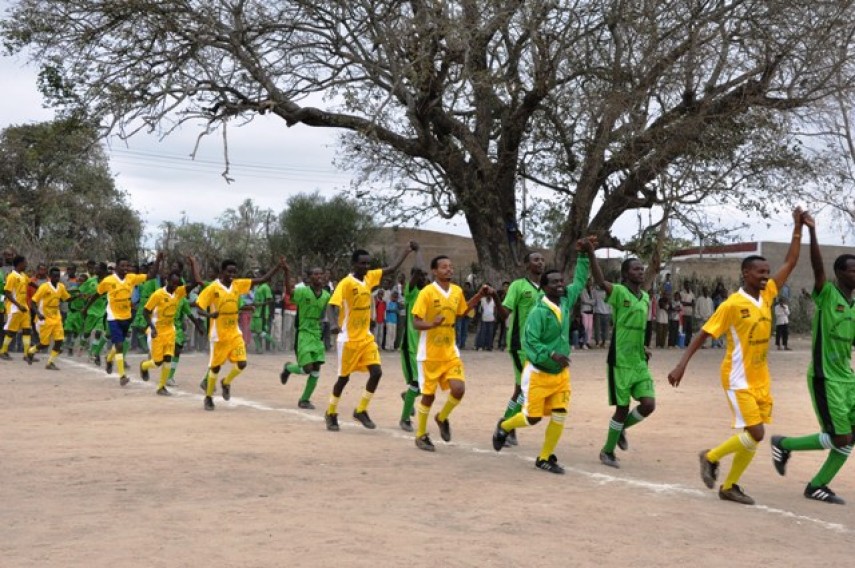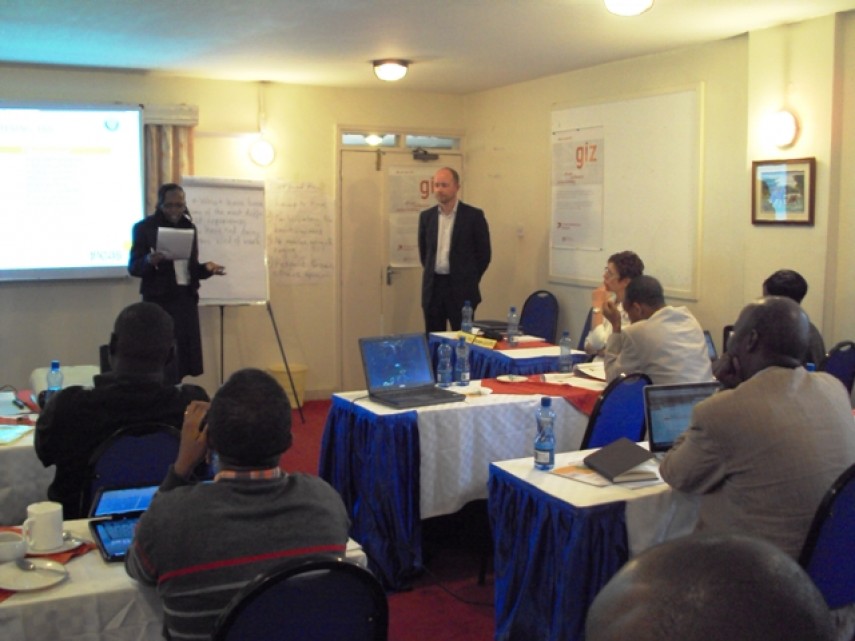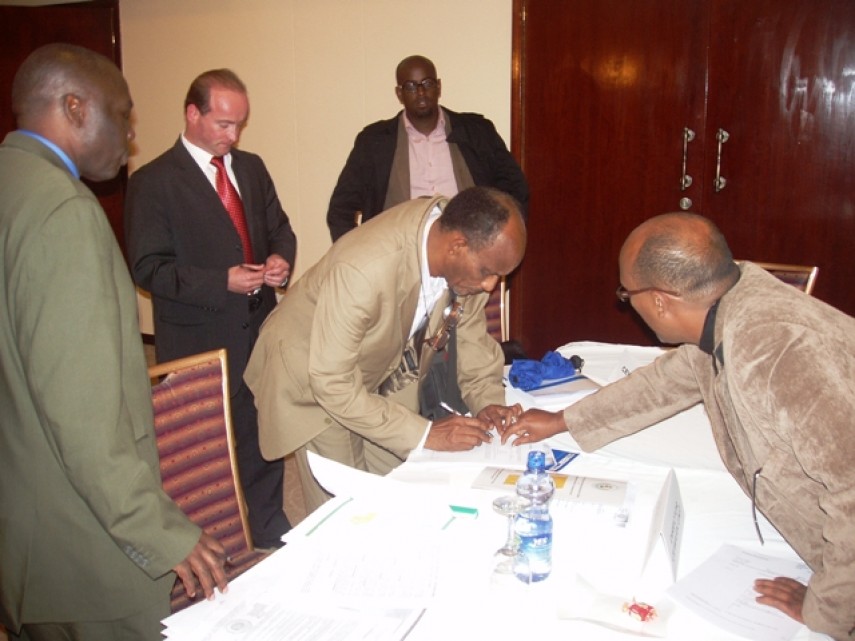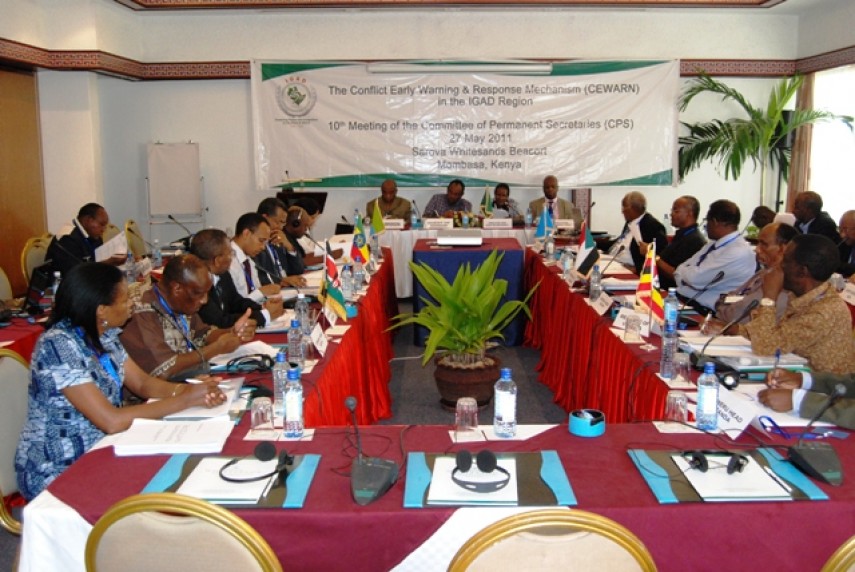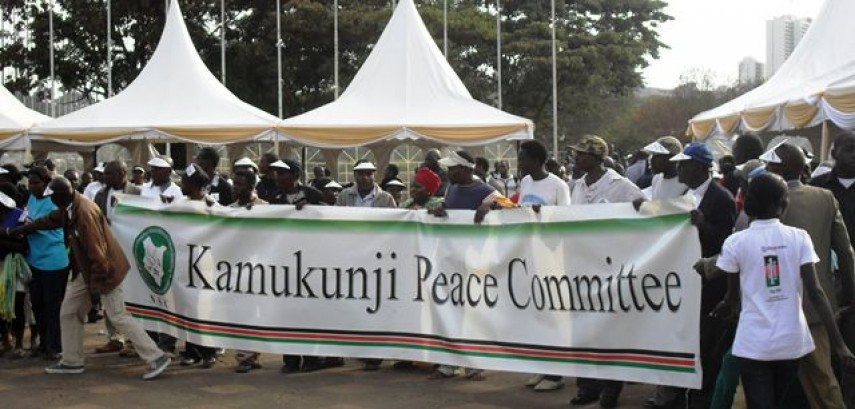CEWARN holds second Ethio-Kenya Cross-border youth peace tournament
CEWARN holds second Ethio-Kenya Cross-border youth peace tournament The Conflict Early Warning and Response Mechanism (CEWARN) of IGAD with the support of USAID/EA and Ethiopia-based private-sector partners, including Great Abyssinia […]

